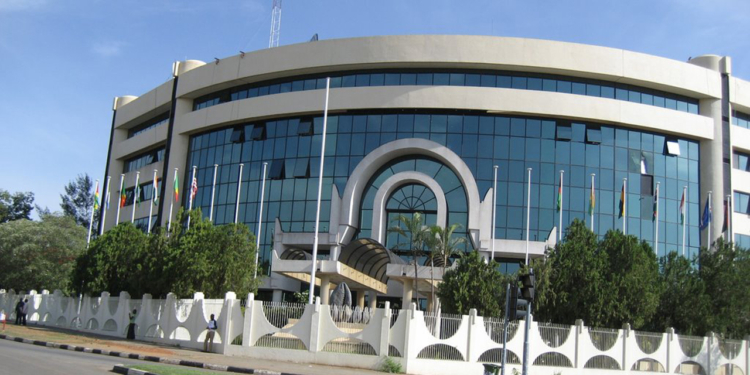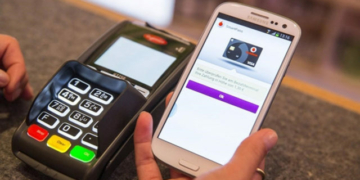The Economic Community of West African States (ECOWAS) has donated food items worth four million dollars to four member states, including Nigeria, to mitigate impacts of their humanitarian needs.
Ms Fatima Jagne, ECOWAS Commissioner for Gender and Social Affairs, made this known during the commemoration of the 2020 World Humanitarian Day on Wednesday in Abuja,
Jagne, who was represented by Mr Alozie Godfrey from the directorate, said the intervention was aimed at reducing the pains and sufferings of those in humanitarian needs.
She said the need for humanitarian services were on the increase worldwide but the challenges of delivering them were also increasing in a world that is conflict and disaster saturated.
Jagne said this, however, called for support of efforts by states and other actors to prevent crisis and build resilience of the population against natural disasters.
“The ECOWAS commission will continue its collaboration with member states and partners to promote the protection of humanitarian workers through policy implementation, sensitisation and advocacy.
“The commission will also continue to respond to the plights of the affected population through the donation of food and non-food items to reduce the sufferings of the vulnerable population.
“In this regard, the commission is handing over food worth over four million US Dollars to four member countries including Nigeria to assuage the effects of the COVID-19 pandemic,” Jange said.
Jagne said that this year, COVID-19 had been the biggest challenge to humanitarian operations around the world.
She added that the lack of access and restrictions placed by governments around the world had resulted in communities, civil society and local NGOs being the frontline of the response.
This situation, she said, emphasised the reason for localisation of resources to enhance the first responder initiative.
She said that unfortunately, the ECOWAS region was seriously impacted by both crises and the COVID – 19 pandemic.
Jagne said the theme for this year’s celebration, #RealLifeHeroes, focused on what motivated humanitarians to continue to save and protect lives regardless of conflict, insecurity, lack of access, and risks linked to COVID-19.
“This year’s campaign affords us the opportunity to appreciate the inspiring and selfless assistance carried out by humanitarians who risk and dedicate their lives in crisis and peace times treating and preventing COVID-19.
“Administering vaccines, providing food, setting up safe spaces for women and girls, and containing locust invasions despite the pandemic.
“We all must join hands in supporting our #RealLifeHeroes this World Humanitarian Day and going forward.
“As humanitarian workers deliver aid, and medical workers help the injured and sick, often times, they are directly targeted and prevented from bringing relief and care to those in distress,” Jagne said.
Jagne said that given the recklessness exhibited in modern warfare, civilians more often than not, became targets of most conflicts.
She, however, called for the moral and legal obligation of all parties to a conflict to abide by the rules of International Humanitarian Law as provided by Geneva Conventions of 1949 and the Additional Protocols.
“Preventive and proactive peacetime measures aimed at ensuring better respect for International Humanitarian Law must be encouraged.
“These actions will help create the enabling environment for aid workers to work,” she said.




Discussion about this post